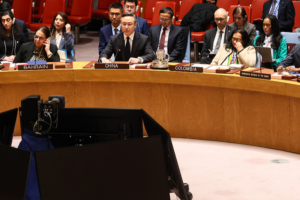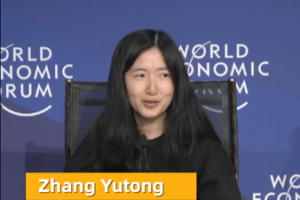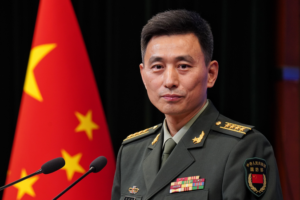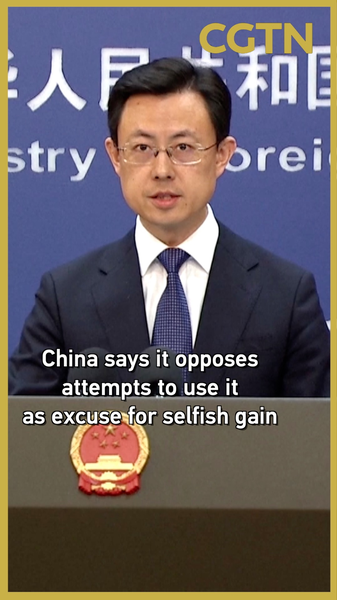
Swedish PM Calls for EU Unity Amid Arctic Tensions 🌍❄️
Sweden’s Prime Minister emphasizes EU solidarity following U.S. shifts on Greenland, as NATO plans Arctic military drills. 🌍❄️
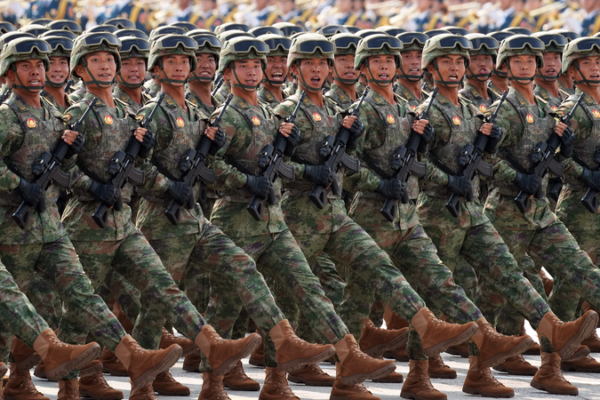
Xi Jinping Signs New Military Theory Regulations Effective March 1
China unveils new military theory regulations signed by Xi Jinping, effective March 1, 2026, focusing on modernization and strategic innovation.

Xi’an City Wall: Where Ancient History Meets Modern Vibes 🏯✨
Discover how Xi’an’s 1,400-year-old City Wall bridges Tang Dynasty legacy with 2026’s tech-savvy culture, creating Asia’s ultimate time-travel experience. 🏯📱
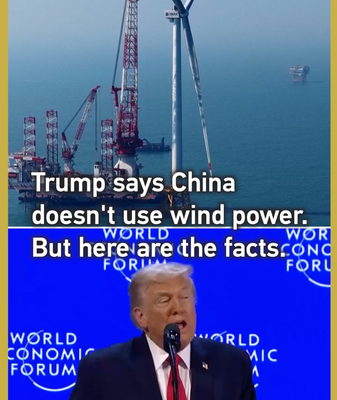
Trump’s Wind Power Claim Clashes With China’s Green Energy Reality 🌬️🇨🇳
At Davos 2026, Trump claimed China doesn’t use wind power. Data shows China leads globally with over 600 GW capacity, powering 500M+ homes. 🌍💨

Alarm Halts Restarted Japan Nuclear Plant: Safety in Focus 🚨⚡
An alarm triggered at Japan’s Kashiwazaki-Kariwa nuclear plant, restarted just a day prior, halting operations. Safety concerns resurface as investigations begin. 🌍⚡

Newsom Roasts Trump as ‘T-Rex’, Says Leaders Need ‘Kneepads’ in 2026 Diplomacy
California Gov. Gavin Newsom sparks debate at Davos 2026, calling Trump a ‘T-Rex’ and urging stronger diplomatic approaches. 🦖💼 #USPolitics

U.S. Energy Policy Faces Contradictions in 2026 🔥⚡
Columbia University expert highlights conflicting goals in U.S. energy strategy between producer exports and consumer prices in 2026.

Trump’s ‘Board of Peace’: Members, Mission & Global Reactions 🌍✌️
Trump launches $1B-funded ‘Board of Peace’ at Davos, mixing diplomacy with billionaire demands. Who’s joining – and will it work?

Russia Intensifies Strikes on Ukraine’s Military Infrastructure 💥
Russia escalates attacks on Ukraine’s military-linked energy sites, causing civilian casualties and infrastructure damage as winter crisis deepens.

Vietnam’s Communist Party Elects New Leadership in Key Congress 🌟
Vietnam’s 14th Communist Party Congress elects new leadership, shaping the nation’s political future. Key figures include To Lam and Tran Thanh Man. #VietnamPolitics
